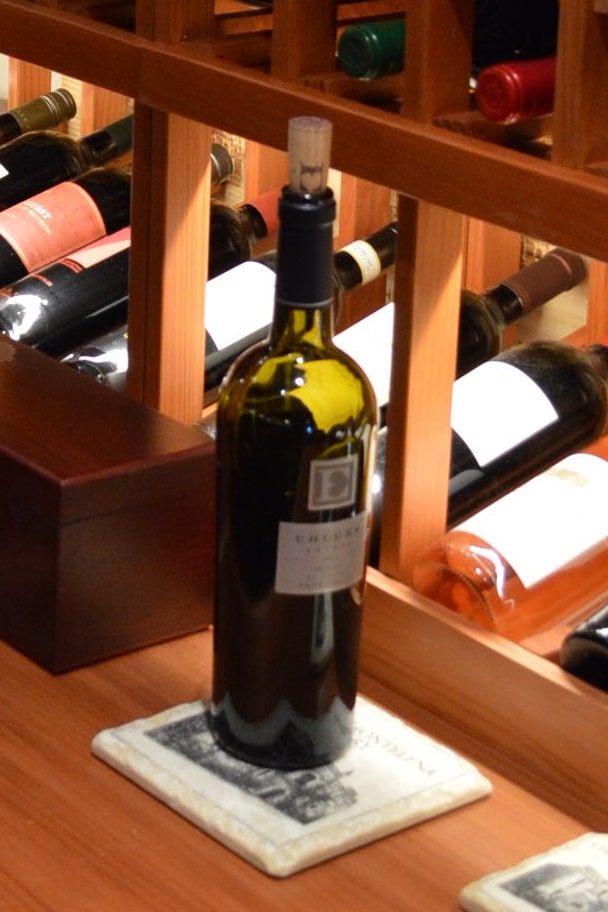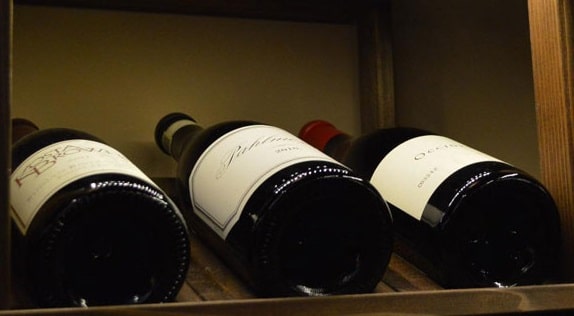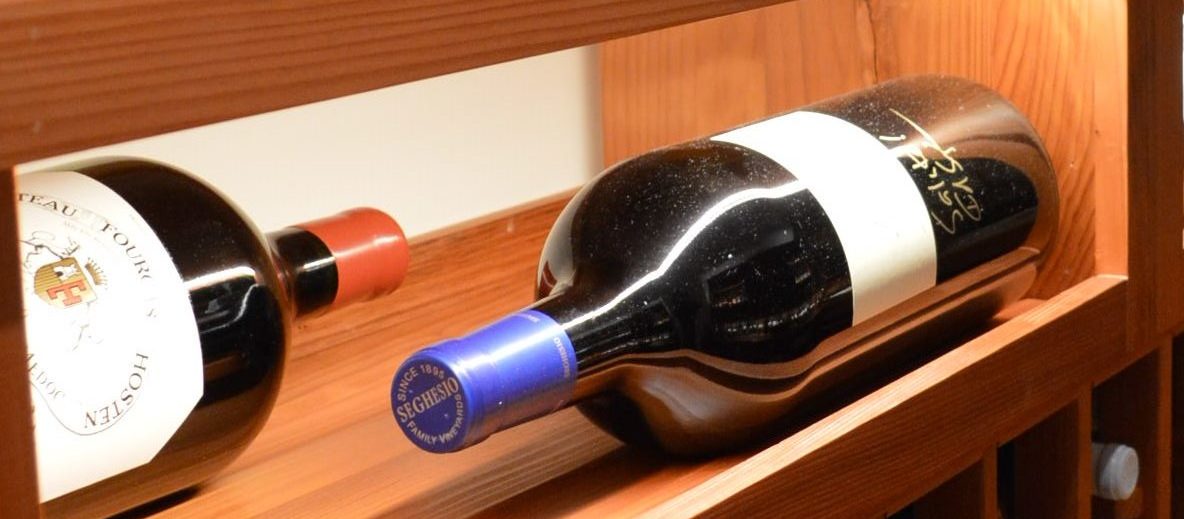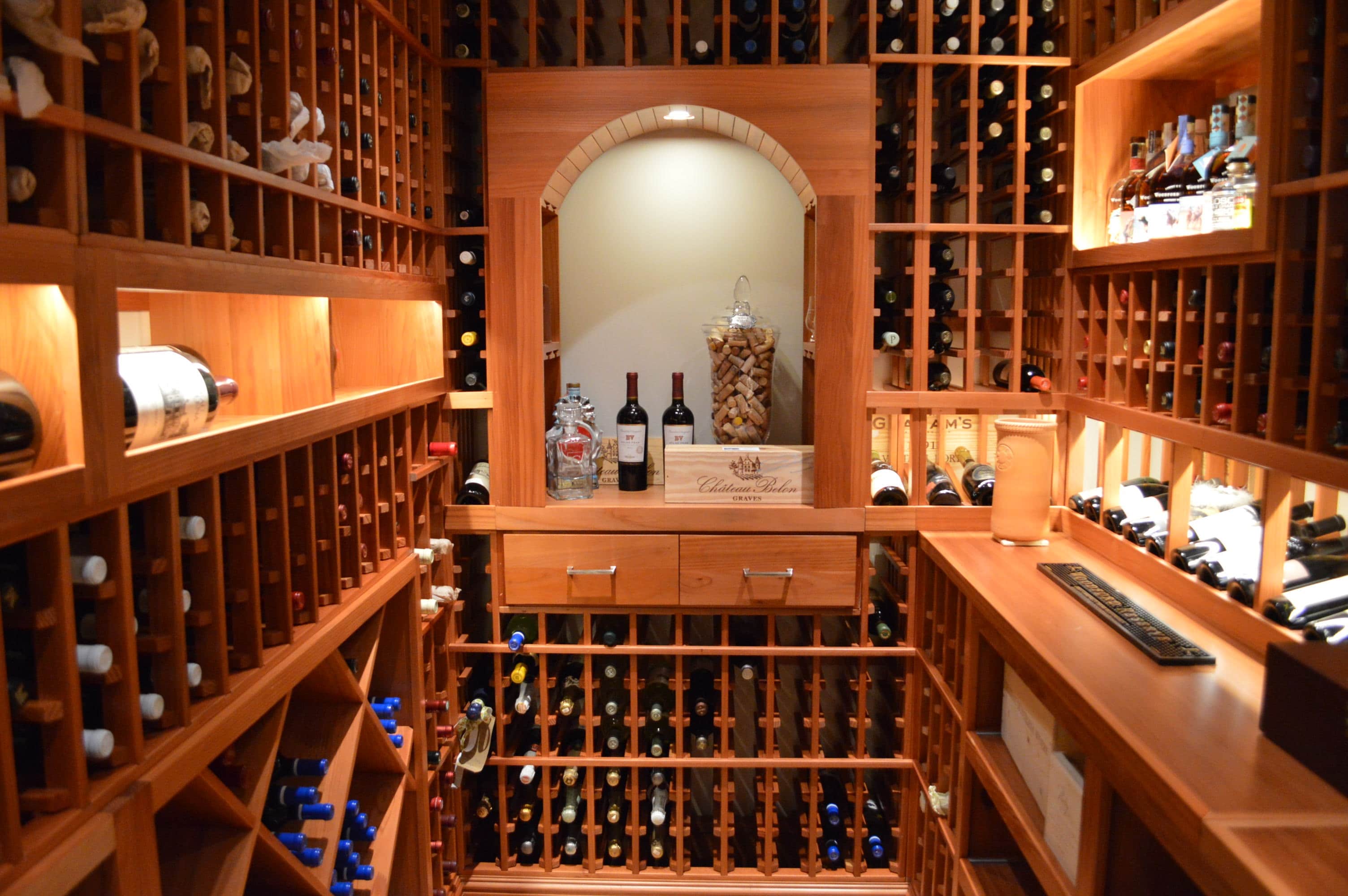Everything You Need to Know About Wine Aging
Wine is a gift from the gods. Those who enjoy a glass or two once in a while are able to get a taste of the stars. If you want to truly experience the joy of wine tasting, you have to know the science of wine aging. Bottles that are allowed to mature in the right place and in the ideal conditions taste exponentially better than those that are not. The question every enthusiast needs to ask is: Why, when, and how long should wine be aged?
Anthony Capella once said, “Years, lovers, and glasses of wine; these things must not be counted.” Wine is one of life’s pleasures, and we are invited to indulge, in moderation, of course, so that we can truly enjoy living.
Wine has become a staple in every celebration in almost all cultures. A gathering, no matter how simple, becomes posh when there is wine served. If you plan to offer a bottle of reds or whites on your occasion, you need to know the best way to enjoy wine.
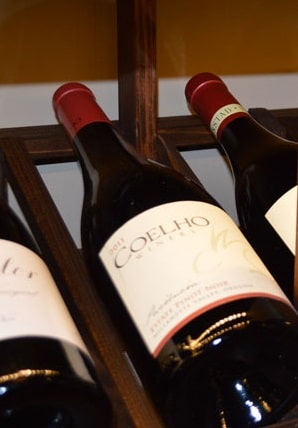 Is wine, if served as soon as it is purchased, as good as it gets? Or is there a better way to appreciate the beverage? The answer is yes. Most types of wines are best enjoyed after they are allowed to mature properly.
Is wine, if served as soon as it is purchased, as good as it gets? Or is there a better way to appreciate the beverage? The answer is yes. Most types of wines are best enjoyed after they are allowed to mature properly.
How Time Transforms Wine: It’s not Magic. It’s Science!
Wine, like all other beverages, is a mixture of various chemical compounds. These compounds continuously change as they interact with each other and as they react to their environment. The change can either be good or bad. The right kind of change will make the wine taste better and improve its aroma.
The art of aging wine is creating the perfect setup that will cause the beverage to mature well. The ultimate goal is for wine to gain a complexity that will improve its flavor and aroma. Different wines vary in how they age. A bottle of Pinot Noir, for example, can gain an aroma of truffles when allowed to age properly. Syrah, on the other hand, will become more fragrant and will develop a flavor of rich spices.
Nature has intended grapes to have aromatic compounds so that they can attract pollinating insects. When wine is allowed to age and produce subtle chemical reactions, these aromatic compounds are the ones that develop tertiary flavors, such as nuts, earth, and leather.
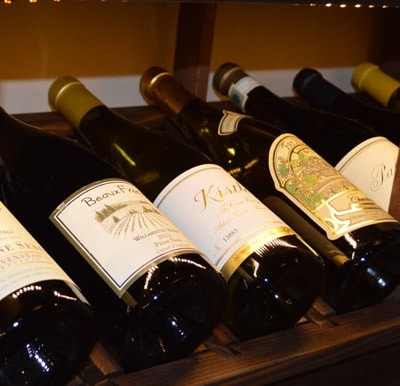 1. Tannins
1. Tannins
Phenolic compounds are the chemicals responsible for what we taste and smell in all kinds of food and beverages. There are various kinds of phenolic compounds, but the one that is most important to wine aging is tannin.
Tannins give your taste buds a strong, puckering, astringent taste. As wine ages, the tannins go through a chemical process called polymerization, which binds them together. Once tannins are bound together, they settle at the bottom of the wine bottle, and they no longer are able to bind with other compounds. Consequently, properly aged wine loses its unpleasant astringent qualities.
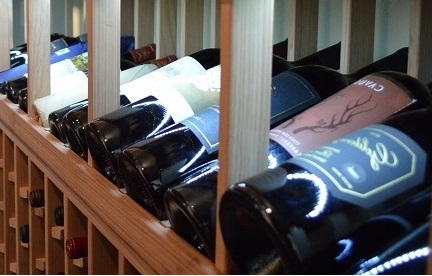 2. Esters
2. Esters
The characteristic aroma of a bottle of wine is largely dependent on the amount of esters in it. Esters are chemical compounds that are formed when alcohol reacts to acid. This process is called esterification.
Hydrogen plays a very important role in the process of forming esters. Wines that are more acidic have higher hydrogen content, and therefore promotes esterification to occur. Interestingly, scientists have observed that the presence of hydrogen can also reverse this process. The occurrence and reversal of the ester formation process both cause constant changes in the flavors of wine. A bottle of Chardonnay might taste like pears after it is aged for two years, but it can have a totally different flavor if aged further into five years.
The Greatest Villain Against Your Wine Experience: Oxidation
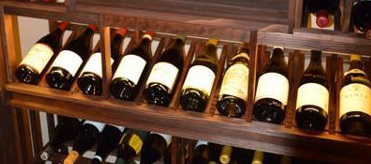 Wine bottles are tightly sealed for a reason, and that is to prevent the beverage from coming in contact with oxygen. When the chemical components of wine interact with oxygen, the process called oxidation occurs.
Wine bottles are tightly sealed for a reason, and that is to prevent the beverage from coming in contact with oxygen. When the chemical components of wine interact with oxygen, the process called oxidation occurs.
Acetic acid is produced when oxygen reacts with the alcohol in the wine. A highly oxidized bottle will taste more like vinegar, and it’s not something that you would want to serve to your guests. Oxidation also changes the color of wine. Reds naturally become brick-colored as they age, while whites turn golden-brown when they mature. Oxidized wines turn dark brown, and this is something to watch out for.
Wines that are more acidic are found to oxidize less rapidly. This is why bottles that have a higher acid content are better candidates for aging. The length of time a certain bottle should be aged depends, therefore, on the amount of acid in the wine.
Where Should Wines Be Aged?
The process of aging wine can be likened to the formation of a rainbow. Just as the right conditions – adequate humidity in the atmosphere and correct refraction of light – are necessary to form a beautiful rainbow, the ideal environment is also needed to produce a properly aged wine.
Wine ages well when kept in a tightly sealed location that has a stable temperature of approximately 45 to 55 degrees Fahrenheit and a humidity of around 70%. The area should also be away from sunlight and other sources of heat. The best structure to provide these requirements is a wine cellar with a dependable cooling unit installed.
Learn about the different kinds of refrigeration systems for wine cellars by clicking here!
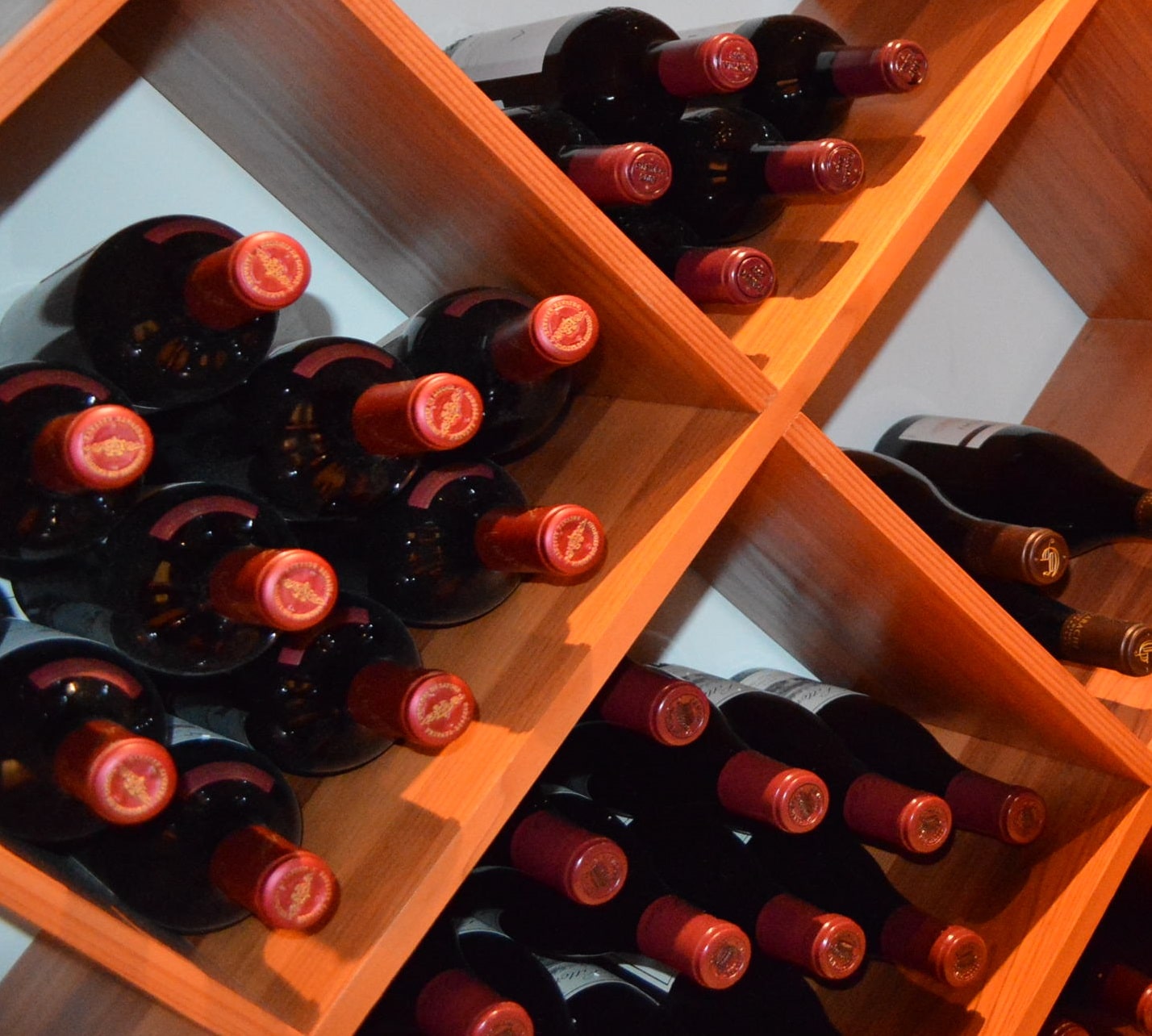 Consult an Expert on the Proper Storing and Aging of Wines
Consult an Expert on the Proper Storing and Aging of Wines
We, at Custom Wine Cellars Las Vegas, have worked with many wine storage builders and contractors in Nevada. Our team of specialists is well-trusted in the construction of durable, functional, and aesthetically appealing wine storage structures, like cellars and cabinets. We cater to both residential and commercial applications.



